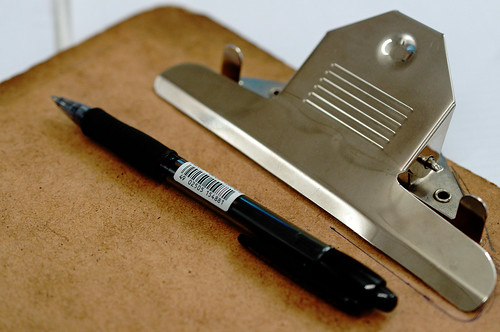Dum...Dum...Dum
Another one bites the dust.
I was taught that rhythm as a tool for helping resuscitation.
That's what it feels like as I write this first post for about two years.
Push and Pull
I am pulled to write it by the excitement I got from participating at the KL GAFE - Google apps for Education.
I am pushed to write it with the impending JAWS Maths conference in Penang this weekend.
So what should I present?
During our BSO inspection (last week!) I wanted to attack data handling but wanted to use some great tech tools for learning to enhance the process and streamline.
I didn't want this:

I also wanted to be able to share using our FrogOS learning platform.
I greated a google form and, with help from our Learning Technologists, embedded it into the yeargroup Frog page.
When sharing the google form, I needed to set the sharing rights carefully: we are in the process of making decisions and setting up student google accounts. At present children in our Primary Campus do not have gmail. So I needed to set it so that all visitors to the (password protected) Frog page, could answer the questionnaire or form.
Data from Google forms populates a spreadsheet automatically. Fabulous! All we needed to do in those tense days before the inspection, was to tidy up the data, delete duplicated answers and check it looked ok.
I then printed out data sheets for both classes involved in the project (to simplify the lesson and reduce the possibility of mistakes). I also included links to the results on the Frog page (this was useful later on when the children were asked to make a graph of their own using the class data.)
We created graphs using the data and planned lessons which targeted questioning skills, the language of data handling (most popular, favourite, questionaire, population, survey etc.) and the features of graphs. We extended the learning by questioning the usefulness of a particular graph when answering a particular question.
The final product for the children was to produce high quality graphs of their own which could be used as classroom displays, Head teacher displays, online examples (children uploaded their own work using the Frog filedrop widget) and also as a book for me to bring along to the JAWS meeting.
Children were excited by the purposeful research and even found out which ice cream flavour was the most
common favorite popularity popular.
